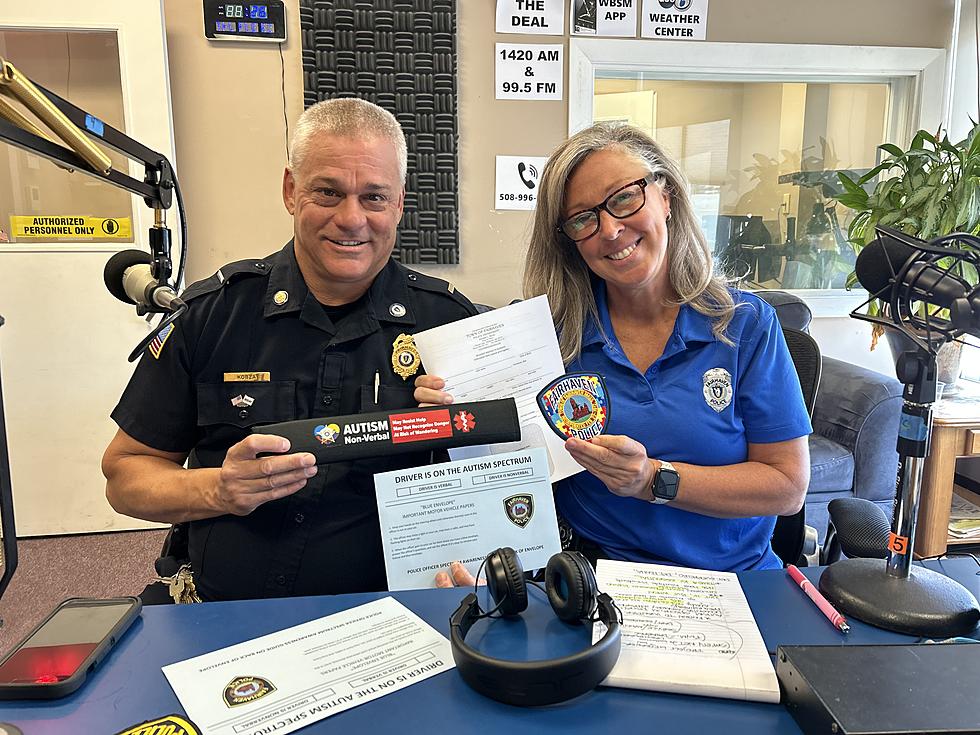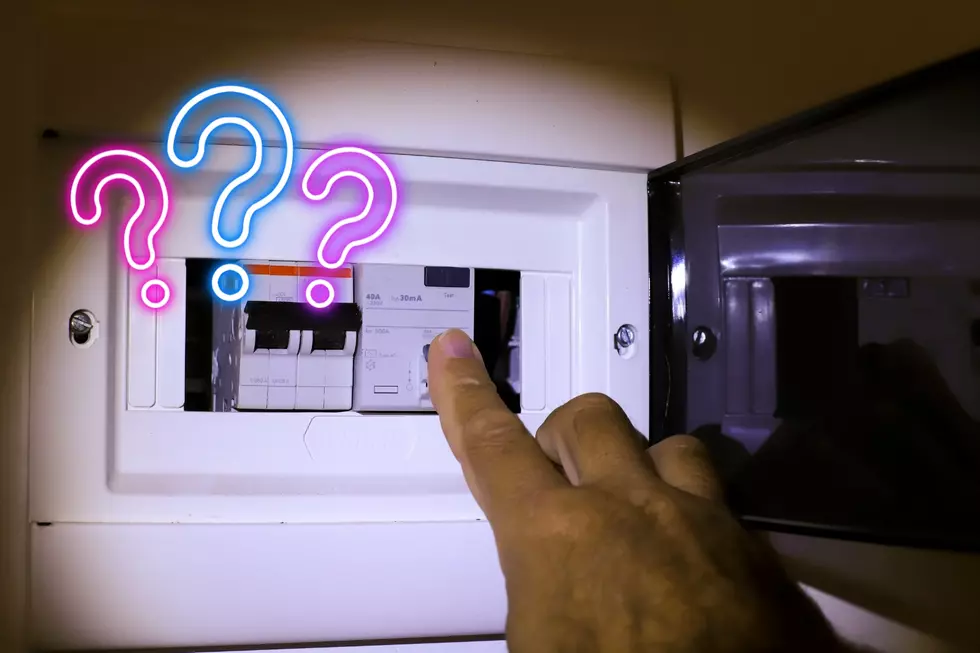
Fairhaven Police Programs Help Residents With Disabilities
When a police officer arrives on scene to a vehicle stop they often have to make a quick assessment of the situation and respond appropriately. The expectation of the civilians on the scene is that they are calm and cooperative with the officer and first responders.
However, when a driver or passenger during a vehicle stop has autism, there may be certain language barriers or stimuli in the environment that may create high levels of anxiety for that driver or passenger and potentially complicate their interaction with the officer.
Lt. Kevin Kobza, the public information officer for the Fairhaven Police Department, recognized this issue and discovered the Blue Envelope Program.
The Blue Envelope Program has been implemented in several other states and is a discrete and effective way to quickly educate the civilian with autism and the officer on what they can expect of each other during a vehicle stop.
In a recent appearance on WBSM's SouthCoast Now, Lt. Kobza said he liked that the envelope was an immediate signifier to the officer.
"It's kept inside the glove compartment of your vehicle that contains all of your vehicle documents, proof of insurance, registration, etc., but because the envelope is blue it alerts the officer that somebody in the vehicle, possibly the driver or the passenger, is on the autism spectrum," he said.
One side of the envelope has a set of instructions for the driver or passenger with autism on what to expect from the police officer. The other side of the envelope has instructions for the officer on what they might expect from the driver or passenger.
"So it's basically bringing everyone to a heightened the level of awareness that there may be something going on with the person that's not necessarily nefarious but just the result of their condition," Kobza said.
The Blue Envelope is available to be picked up at the lobby of the Fairhaven Police station.
Also available are seatbelt covers that were developed and distributed by former Bristol County Sheriff Tom Hodgson that identify to a first responder when a passenger or driver has autism and may be nonverbal.
Both the seatbelt covers and Blue Envelope can also be delivered to a resident's home by an officer upon the resident's request.
Fairhaven Police Officer Marcy Harland also stopped by SouthCoast Now to highlight Fairhaven PD's "Known to Wander" program.
Caregivers of individuals with autism, dementia, memory impairment, or a child or teenager who is a frequent runaway can fill out a one-page "Known to Wander" form to give the police critical information on the individual who has gone missing.
The form can be picked up and submitted at the Fairhaven Police station or it can be filled out online at at fairhavenpolice.org.
"This one-page document just gives us a little bit of information that we would be obtaining when we respond to you," Officer Haaland said. "So when the time of the call comes in, when your person goes missing, when your loved one goes missing, we have the information already: what their name is, what they look like, a photo of them, their hair color, their height, their weight, what their interests are."
Haaland said that filing out the form gives the police a leg up on the search for the missing person if they have that information readily available "so we can get our patrol officers out and about faster when your loved one goes missing," she said.
New Bedford Boy With Spina Bifida Gets Inside Look at Police and Fire Station
More From WBSM-AM/AM 1420









